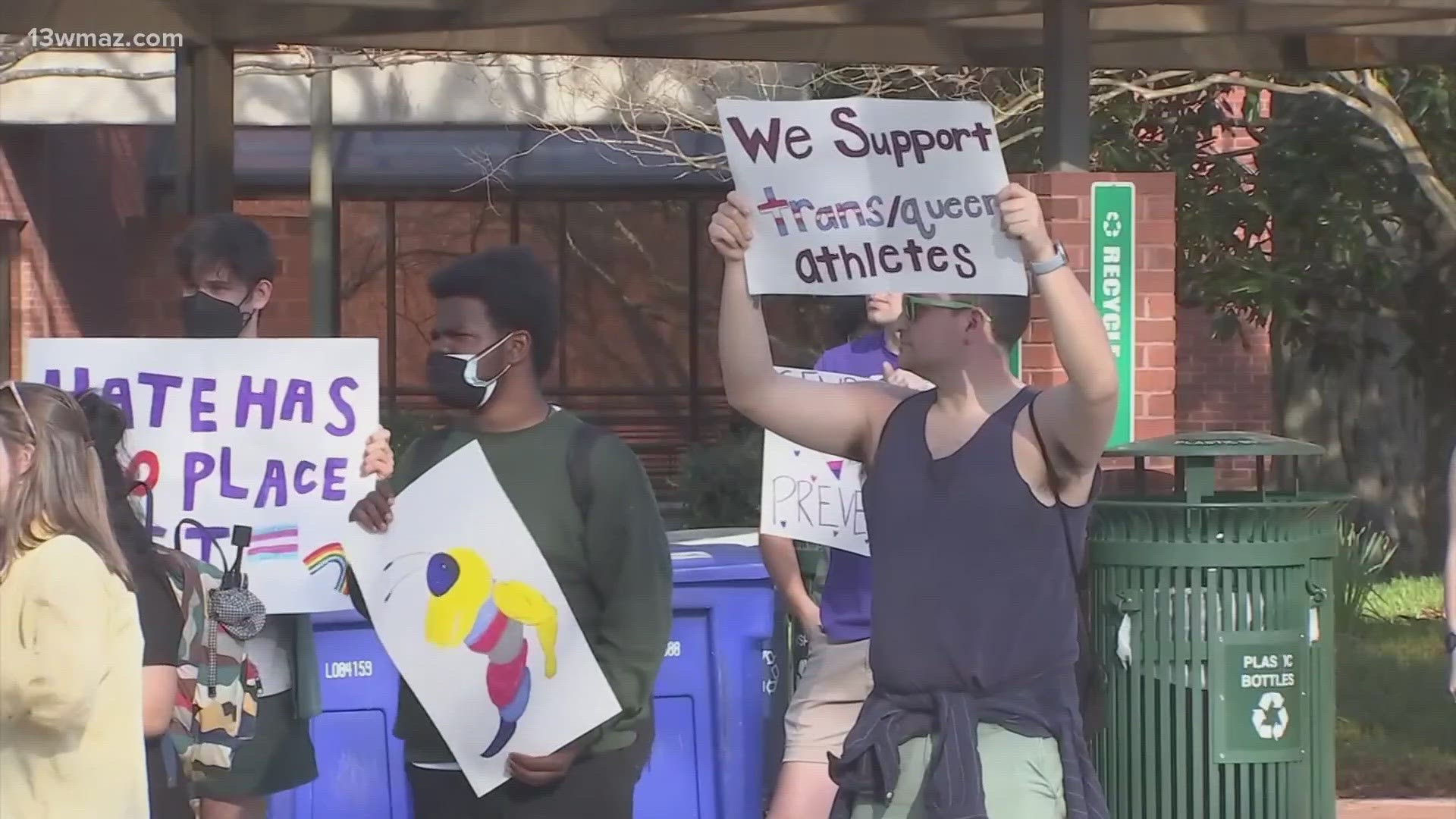ATLANTA — It is that time of the year again. The legislative session is coming to a close and July 1 marks the day that many new laws are going into effect in Georgia. Here is a breakdown of some of the big ones that folks here need to know.
It is perhaps the most controversial law that is set to go into effect. This bill will prevent minors in Georgia from being able to get gender reassignment surgery or hormone therapy. The use of puberty blockers will still be allowed.
You can read more on this here.
The GBI can now be involved in any incidents involving biological, chemical, cyber or domestic terrorism.
The new law increases the minimum penalty for those found guilty of violating Georgia’s gang laws.
Healthcare workers and physicians will now test all pregnant women for HIV and syphilis at their first prenatal visit. The new bill has made this a requirement.
If you are caught vaping in a restricted area you can now be charged with a misdemeanor and fined.
Dogfighting will now be added under Georgia’s RICO Act. RICO stands for Racketeer Influenced and Corrupt Organization.
This will create a commission to review complaints against district attorneys around Georgia. The new oversight commission can also issue possible sanctions. The new law also makes it easier to recall DAs from office.
This law may be used right away in Athens. Read more about that here.
Employees will now be able to take up to two hours of unpaid time off to vote either on election day or early voting. This will help those who have typically had a tough time getting to the polls due to their job.
These two are tied together as they both are being put in place to help improve student literacy. It is implementing new instruction methods and it can also impact a school’s curriculum which will now be overseen by a new council.
This law will ensure all costs and expenses relating to election administration are paid for with public funds. It will also now be a felony for local officials to accept direct donations for administering elections.
Georgia classrooms will now be required to do intruder alert drills and come up with safety plans that must be reported to the Georgia Emergency Management Agency. Parents are able to opt-out of the program. The new law will also help train teachers to identify gang members in their classes.
The law is named after a Georgia woman, Mariam Abdulrab, who was kidnapped and killed in 2021. It later emerged her accused killer had a prior sex assault and molestation conviction.
The new law will increase penalties for violent repeat sex offenders and add some additional provisions. It also changes a state offender review board’s "risk assessment evaluation process/timelines for sexually dangerous predators" and "improves how the state handles sexual offenders who move to Georgia." This is all according to a release on the signing of the bill by the Georgia House.
This will increase the penalties for assault on healthcare workers while on the job. Hospitals will now be able to create their own police forces.
It allows pharmacy techs who are qualified to administer certain vaccines, such as the COVID-19 vaccine.
The new law will lower the minimum amount of insurance coverage that ride-sharing and taxi companies must provide to anyone injured in a crash. The price is being lowered from $1 million to just $300,000.
The Department of Public Health has been authorized to conduct a pilot program to provide visits to rural communities that are at-risk and underserved during pregnancy and early childhood.

